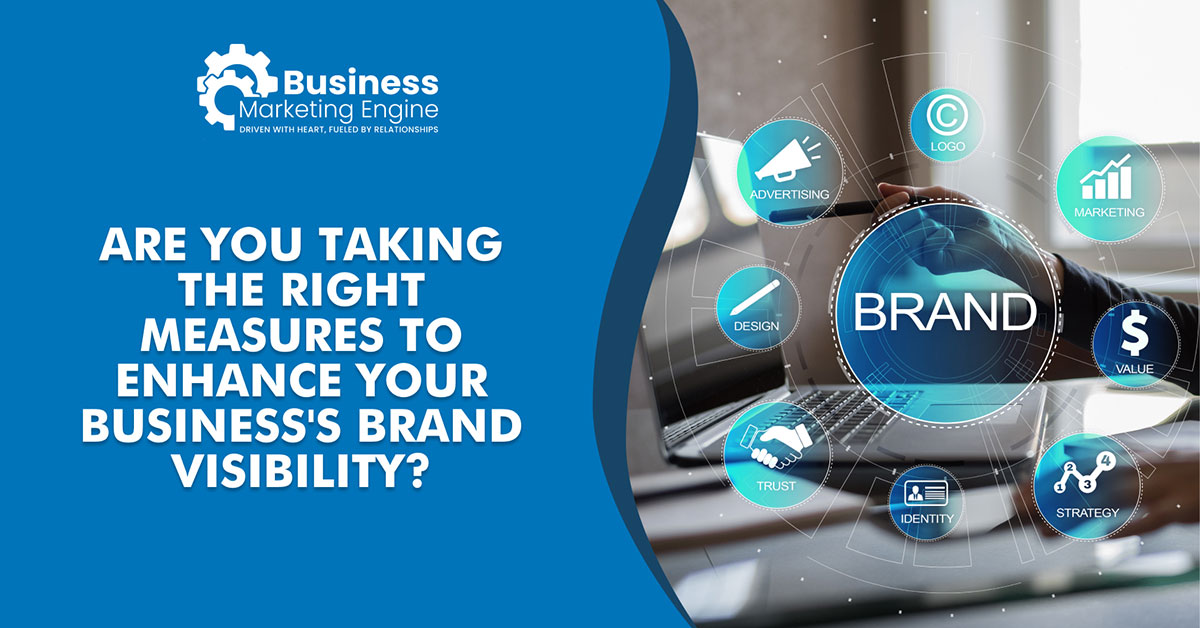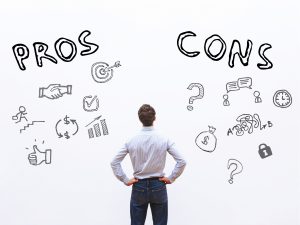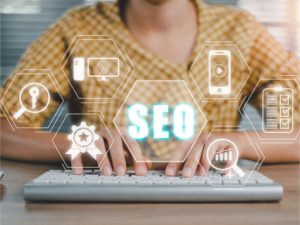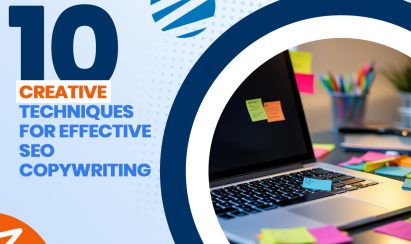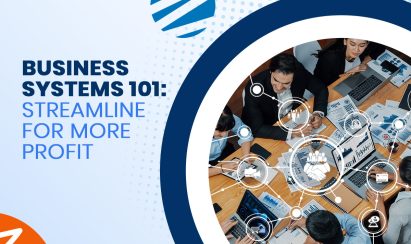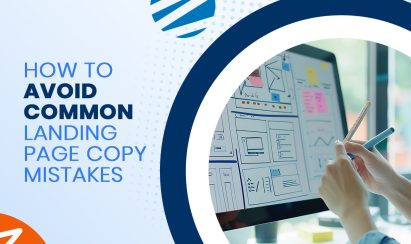Anyone who runs their own business has heard the terms paid search and SEO. But what exactly are they, and how do they translate to success in the online market?
The paid search vs. SEO dichotomy is two sides of the same marketing coin, each with unique applications and requirements. This article explains how they apply to cultivating business success and generating optimal brand visibility in the online marketplace.
Paid Search and SEO: Will They Work Together?
To start, what are SEO and PPC? Let’s review exactly what the terms mean separately:
Search engine optimization, SEO, is the process of optimizing content and structure to make brands more visible to search engines. Thus visibility in the organic search results is increased. SEO includes tactics like keyword research and analysis, content writing, link building, URL optimization, internal link structure optimization and more. All these methods help a website rank higher in relevant searches.
Paid Search, PPC: Paid search, otherwise known as “Pay Per Click,” or PPC. It is an online advertising model in which advertisers pay a fee to the publisher (a website) each time one of their ads is clicked. In exchange for said fee, the advertiser can increase their brand visibility online. Hyper-specific keywords are bid on, and the winner can boost their place in search engines like Google and Bing.
It is possible to use both paid search (PPC) and SEO together in order to maximize the reach of your website. Combining these strategies can help you achieve better visibility in organic results while driving more targeted traffic through PPC campaigns. By blending these approaches, you can increase your chances of success by targeting different users and maximizing your budget.
At Business Marketing Engine (BME) we understand the difficulty and importance of selecting and maintaining the right marketing tactics. We will help create your blueprint to success and advise you on the best and latest strategies for you.
Start your path to generating leads and cultivating business growth today. We’re only a click away!
But before we get into that, you need to understand the concept of paid search vs. SEO. What’s the difference in terms of the traffic they bring in? What are their weaknesses? And most importantly, how does one cover the ground that the other cannot?
Paid Search Pros and Cons
Paid search is a short-term strategy that employs precision marketing tailored for specific groups of people searching specific keywords. The result is a far quicker turnaround time than SEO in exchange for a greater cost.
Sounds attractive– though there’s upsides as well as negatives to consider before you decide to settle on this tactic.
Pros
Immediate Results
When you use paid search, that money puts your message at the forefront of your chosen keywords. Since 90 percent of online business starts with a search, it stands to reason that this would produce fast results.
Unaffected By Algorithm Changes
The most common paid search platforms are Google Ads and Bing Ads. Since the search engine manages these programs, changes in algorithms don’t affect your campaigns as they do with organic SEO.
Easily Attracts and Persuades Target Audience
Paid search can be used to target very specific customer segments with content that appeals to them. This makes it highly efficient at reaching the people you need.
Focused Audience Targeting and Retargeting
Paid search lets you target audiences and track how they respond so you can reach them with relevant ads moving forward.
Detailed Analytics
Paid search lets you track the number of visits, conversions and engagements your content generates.
Excellent for Short-Term Campaigns
Paid search campaigns can be quickly set up and taken down, allowing more control over branding in the short term.
Cons
Continuous Testing and Optimization Are Required.
Paid search requires continuous testing and optimization to ensure success. This means dedicating time and resources to understanding what is or isn’t working with campaigns and making necessary changes. With this in mind, having a dedicated team or an agency partner to manage paid search campaigns can be beneficial.
Required Expertise
Paid search requires a thorough understanding of the platforms and the ever-changing algorithms that dictate how search results are displayed. Additionally, effective campaign management requires in-depth knowledge of keyword research and an ability to adjust bids to ensure maximum visibility. As such, it can be difficult for those without experience to do so successfully without assistance from a professional agency.
Prone To Going Over Budget
PPC campaign budgets are regularly exceeded, as market competition makes it difficult to remain profitable while bidding on valuable keywords. It’s important to have a thorough understanding of an industry’s search trends. This includes what bids that are necessary in order to remain competitive without overspending.
Costly If Not Monitored Closely
While offering a relatively good return on investment, remember that paid search can quickly become costly if not managed properly. Proper budgeting and bid management are essential for avoiding budget blowouts. However, costs can still add up quickly depending on the targeted keywords.
SEO Pros and Cons
SEO is the antithesis of PPC, producing longer turnaround times for a fraction of the cost. SEO development is the perfect marketing approach for companies with limited ad funds and lots of time to grow.
If this sounds like your business, SEO may be for you– though there’s some things to first take into account:
Pros
Less Maintenance Compared To Paid Search
SEO requires less maintenance than PPC and other forms of paid search advertising. This makes it a more cost-effective method for small businesses and organizations that are operating on a tight budget.
Drives Long-Term Organic Traffic
Unlike paid search, SEO is an evergreen marketing strategy. It doesn’t matter how many times you pause or end your campaign. You’ll continue to experience organic traffic as long as your website remains optimized for the most effective keywords and phrases.
Boosts Online Visibility
The higher your website appears in search engine rankings, the more visible it will be to potential customers. With an optimized website, you can draw more qualified leads and increase conversions with ease.
Long-Term ROI
SEO is an investment in your business with a long-term return. Unlike traditional marketing campaigns that go away after the initial boost, SEO works for you 24/7. As such, solid SEO can help increase traffic and leads for years without changes.
Once you achieve higher rankings, it also costs less to maintain those positions than it does to acquire them initially.
Builds Authority Over Time
SEO is a great choice for businesses that want to position themselves as industry leaders and build authority in their respective fields. Optimize content, build links and drive traffic to your website. In doing so, you can show search engines like Google that your site has the right information and is relevant to users’ queries.
This will improve your rankings on SERPs (Search Engine Results Pages) over time. The result is an increased likelihood that prospects will find you when they are looking for services related to yours.
Cons
Results Take Time
SEO is not a short-term solution. It usually takes anywhere from four to six months before you will see any significant results. This time frame may be even longer for larger websites.
Subject To Google Algorithm Changes
SEO is subject to frequent Google algorithm changes, and a strategy that works today may not work tomorrow. This means you need to be constantly monitoring and optimizing your website to stay ahead of the competition.
Analytics is Not as Accurate and Versatile as Paid Search
SEO analytics is not as accurate and versatile as Paid Search. It’s hard to track the exact number of visitors that are being sent to your website from search engine results pages. On the other hand, in Paid Search you can get detailed insights into conversions, clicks and impressions.
Less Control On Its Performance
SEO performance is not something that you can control. The visibility of your website also depends on the quality and relevance of the content. This also includes search engine algorithms which are subject to frequent changes.
Paid Search vs SEO: Google Search Engine Location
So the differences, pros and cons of PPC and SEO have been addressed, but what does paid search vs SEO look like in physical form?
You’ve seen it before – almost every time you Google or Bing something in fact.
The first results at the top of the Search Engine Results Page (SERP) with the emboldened “Ad” at the left are PPC. This is prime keyword real estate that several companies are constantly bidding for. At the end of the auction, those with the highest bids get the top spots.
Below this, oftentimes with the “People also ask” cluster as the median, are the organic results created through SEO. The traffic it generates will be minimal at first, but it will steadily increase along with placing in search results.
Which Is Best Suited for Your Website’s Campaigns?
From this, one can imagine how paid search vs SEO has come to be seen as separate and unique forms of marketing. As for which is best suited for your website’s campaigns, it’s a matter of budget, goals and time restrictions.
So what’s better for your website in the struggle between paid search vs SEO?
Imagine you’re in a survival situation.
One of the most important things you can do is secure food for yourself. One option is to take greater risks and higher energy expenditure to forage, hunt and scavenge. The result, like paid search ads, is immediate if carried out correctly and strategically. Alternatively, you can cultivate crops that require greater patience, providing a trickle of food over long periods, like SEO.
Question is, why only go with one? You need food today, and you’re going to need food tomorrow. So why not take advantage of the now while you initiate and wait for the results of tomorrow?
For instance, PPC campaigns can help you drive immediate traffic to your website as soon as you launch them. However, SEO takes time to build up rankings. Therefore, it may be best to use PPC to supplement the organic search results while SEO builds momentum. This way, you will achieve better visibility in both paid and organic search results.
Paid search also offers great flexibility when it comes to targeting specific audiences or keywords. You can adjust campaigns regularly and make changes quickly to optimize performance. Meanwhile, SEO requires more of a long-term approach since it takes some time for changes to show up in the rankings. By using both strategies together, you can reach different types of users, depending on their stage in the buyer’s journey.
Another benefit of combining SEO and PPC is that you can gain valuable insights into user behavior. Through careful analysis of performance data from both channels, you can identify gaps in customer understanding and develop strategies therein. These insights can then be applied to future campaigns to make them even more effective.
Finally, combining SEO and PPC also allows you to increase your brand visibility online by creating an integrated presence across multiple digital channels. With a stronger online presence, you’ll be better positioned to reach prospects who are looking for your services or products.
On the surface, combining both SEO and Paid Search advertising into a cohesive campaign might seem a simple matter. Let SEO do its thing while maintaining regular PPC campaigns. Sounds simple enough right?
It’s a lot for a single person or a single company to delegate. Furthermore, there’s a lot of risk in doing so alone if you make a mistake. Many companies have taken their business to advertising and marketing agencies specializing in SEM, or Search Engine Marketing. Unlike SEO, SEM employs methods to gain traffic from organic as well as paid search results.
Thankfully, Business Marketing Engine understands the complexities of advertising in the online stage, and that it can’t be faced alone.
We use the latest in marketing strategy and website optimization, as well as high-quality and evergreen content. In doing so, we can seamlessly boost your website’s traffic and visibility in a way that cultivates sustainable business growth.
If you’re ready to start your campaign and take your business to the next level in the online market, contact Business Marketing Engine today!
